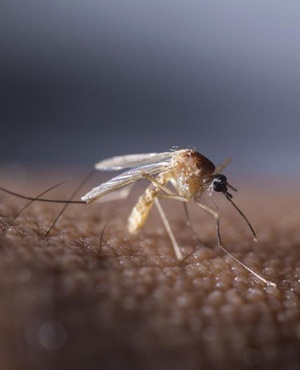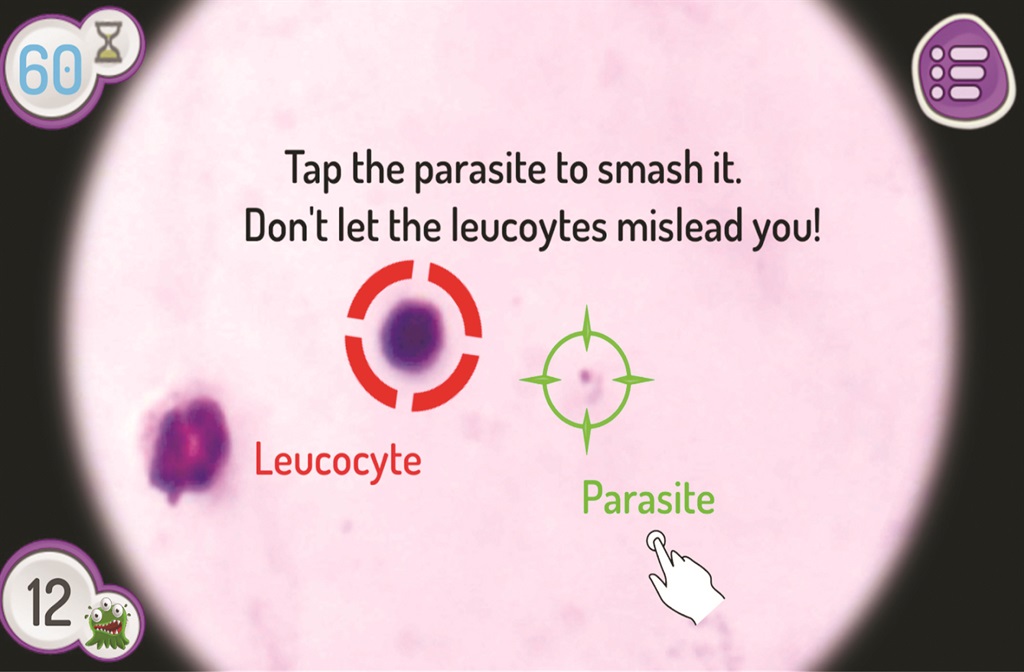
Do you enjoy playing video games – shooting spaceships and the like? If your answer is yes, researchers from Technical University of Madrid in Spain need you to dedicate that same passion towards diagnosing malaria, an infectious disease transmitted by mosquitoes, which kills thousands of people every year.
All you have to do is play a game called MalariaSpot on your cellphone or computer. The game allows you to detect the parasites in a real, digitised blood sample within a minute, and help save a life in the process.
This innovation, developed by Miguel Luengo Oroz and his team from the Technical University of Madrid, looks set to change the speed at which malaria is diagnosed.
Currently, malaria is diagnosed by first detecting parasites and then manually counting the number of parasites in a blood sample through a microscope.
At least 100 images have to be checked by a specialist to ensure that the diagnosis is correct.
However, with MalariaSpot, Oroz is changing the way malaria is detected while also improving the speed at which this is done by using the collective intelligence of gaming fanatics.
Oroz came up with the idea four years ago, while working for the UN on global health problems. “It caught my attention how tough and manual the process of diagnosing malaria was,” he said.
“It can take up to 30 minutes to identify and count the parasites in a blood sample that cause the disease. There are not enough specialists in the world to diagnose all the cases.”
Diagnosing a single case of malaria can take up to 30 minutes of a technician’s time and, in so doing, drastically slows down the healthcare system’s ability to respond to an outbreak.
This game aims to create a global network of “spotters” to speed up this process. Simply put, players have a minute to find hidden parasites in real blood images. The more parasites they find, the more data they contribute to fighting the disease.
Since the launch of MalariaSpot on April 25, World Malaria Day, more than 100 000 people in 100 countries had “hunted” one and a half million parasites, said Oroz.
“The number of clicks made by many players in the same image sample, combined with artificial intelligence, shows a count as precise as one of an expert, but quicker. We published a study that found that the collective diagnosis by the use of a video game is not an irrational thing. But now it needs to be assessed from a medical point of view,” he explained.
Oroz and his team have been working with a clinic in Mozambique. They have done tests in real time and achieved the first collaborative remote diagnosis of malaria from Africa.
The World Health Organisation estimates that about 216 million cases of malaria occur in the world every year and more than half a million people die from this treatable disease.




 Publications
Publications
 Partners
Partners









